What happens to your body when you give up coffee for a week? We tried it
Our writer gives up his favourite morning cup o' joe and tests its effects on sleep, mood and more
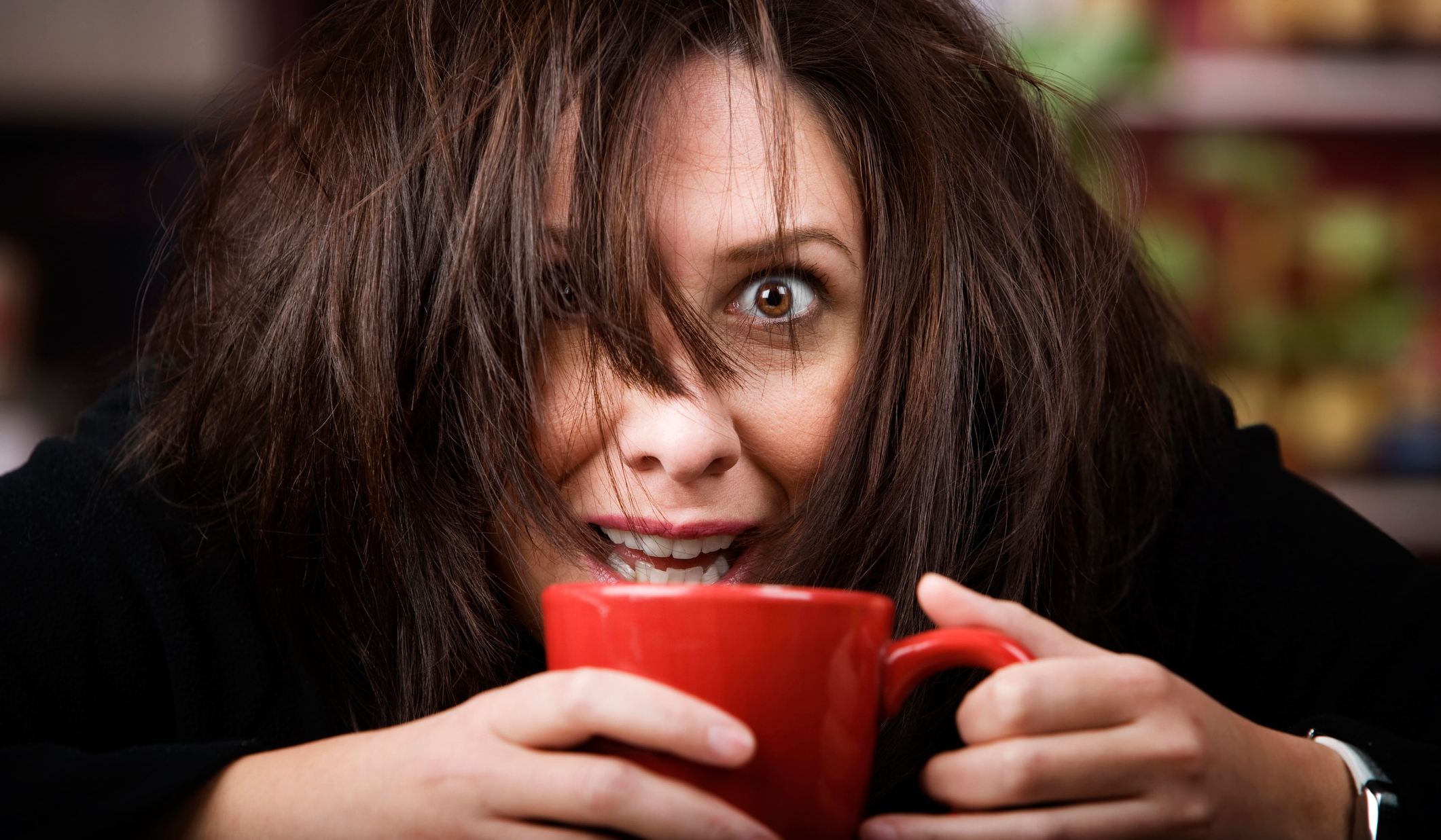

Coffee is a wonderful thing. I have at least one cup of coffee every day, and usually two more after that. It wakes me up, gets me ready for the day, and just smells absolutely delicious.
Coffee can also be very good for us in several ways, such as improving our weight loss efforts. One study published by researchers from the University of Granada found that drinking a cup of strong coffee 30 minutes before a cardio workout (such as using one of the best ellipticals) can increase the amount of calories burned, as the caffeine gives us an added boost of energy during the workout, encouraging us to go harder.
The researchers concluded "the combination of acute caffeine intake and aerobic exercise performed at moderate intensity in the afternoon provides the optimal scenario for people seeking to increase fat-burning during physical exercise." Before you lace up your best workout shoes, grab a cup of coffee to give your workout an extra kick.
Caffeine is also a natural fat-burner. One study published in the scientific journal Annals of Nutrition and Metabolism looked at a cup of coffee's capacity to raise a person's metabolic rate. It was found consuming an average cup of coffee with around 200mg of caffeine boosted the participant's resting metabolism for up to three hours. Consuming decaf didn't have the same effect.
However, there's a few downsides to a coffee habit. For one thing, what goes up, must come down: caffeine is addictive, and quitting coffee can result in a few withdrawal symptoms like caffeine headaches and, in severe cases, nausea. Too much caffeine can also cause heart palpitations, increase symptoms of anxiety and cause energy crashes, as our artificial energy expenditure rapidly plummets as the caffeine begins to wear off.
The world is hooked on caffeine, from sodas to tea and even caffeine pills, but coffee remains America's favourite caffeine delivery system. So what happens if a coffee-addicted writer, like myself, decided to go cold turkey?
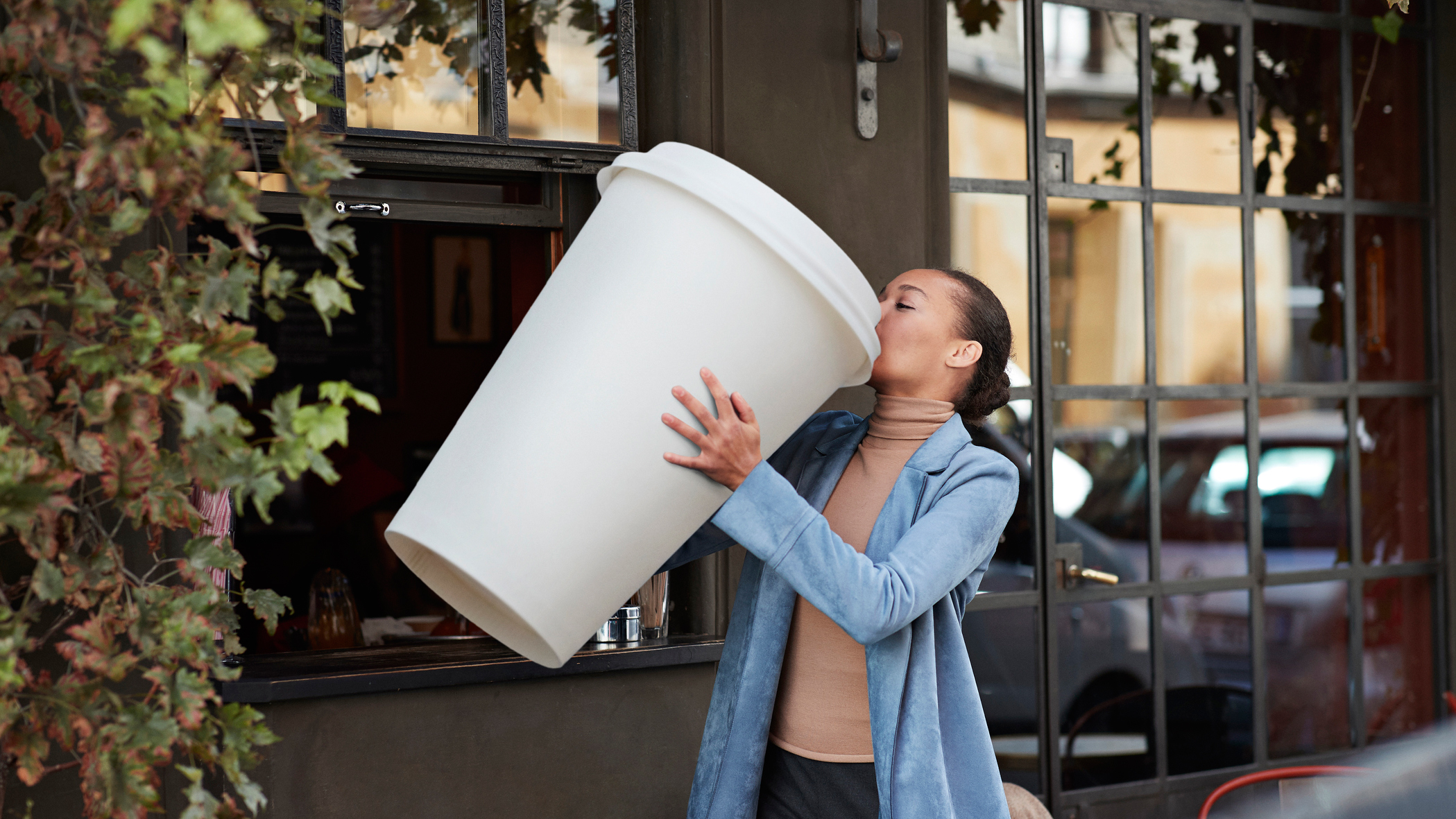
1. It wasn't as bad as I expected
As someone who regularly drinks three cups of strong black coffee a day, I went into this challenge a little bit apprehensively. What was going to happen to my energy levels? Would I feel constantly fatigued, and would decaf get me through any cravings or withdrawal symptoms?
Get the Fit&Well Newsletter
Start your week with achievable workout ideas, health tips and wellbeing advice in your inbox.
Surprisingly, my withdrawal symptoms were slim to none. I allowed myself one cup of black tea or decaf every day, and switched to herbal tea for the rest. I did get a few cravings, so I went to my favourite coffee shop round the corner (also a useful screen break) and ordered myself a decaf twice during the challenge to curb my jonesing for my regular joe. However, other than the odd craving, I didn't experience any caffeine headaches, nausea or usual caffeine withdrawls.
However, my energy levels plummeted on the first few days, especially in the morning. I'm usually smelling the coffee by 7:30am, and not having it was a challenge: by 11:00am I was really struggling to hold my attention at work. However, by day four, it seemed my body had rebalanced itself, and I found the resolve to get out for a morning run before 8am.
2. My sleep improved
My average sleep score on my fitness tracker (at the time of writing, I'm testing the Polar Ignite 2) was around 72, averaging 6hrs 49mins sleep a night. You can see a screencap below of how my sleep is broken down on a very average day:
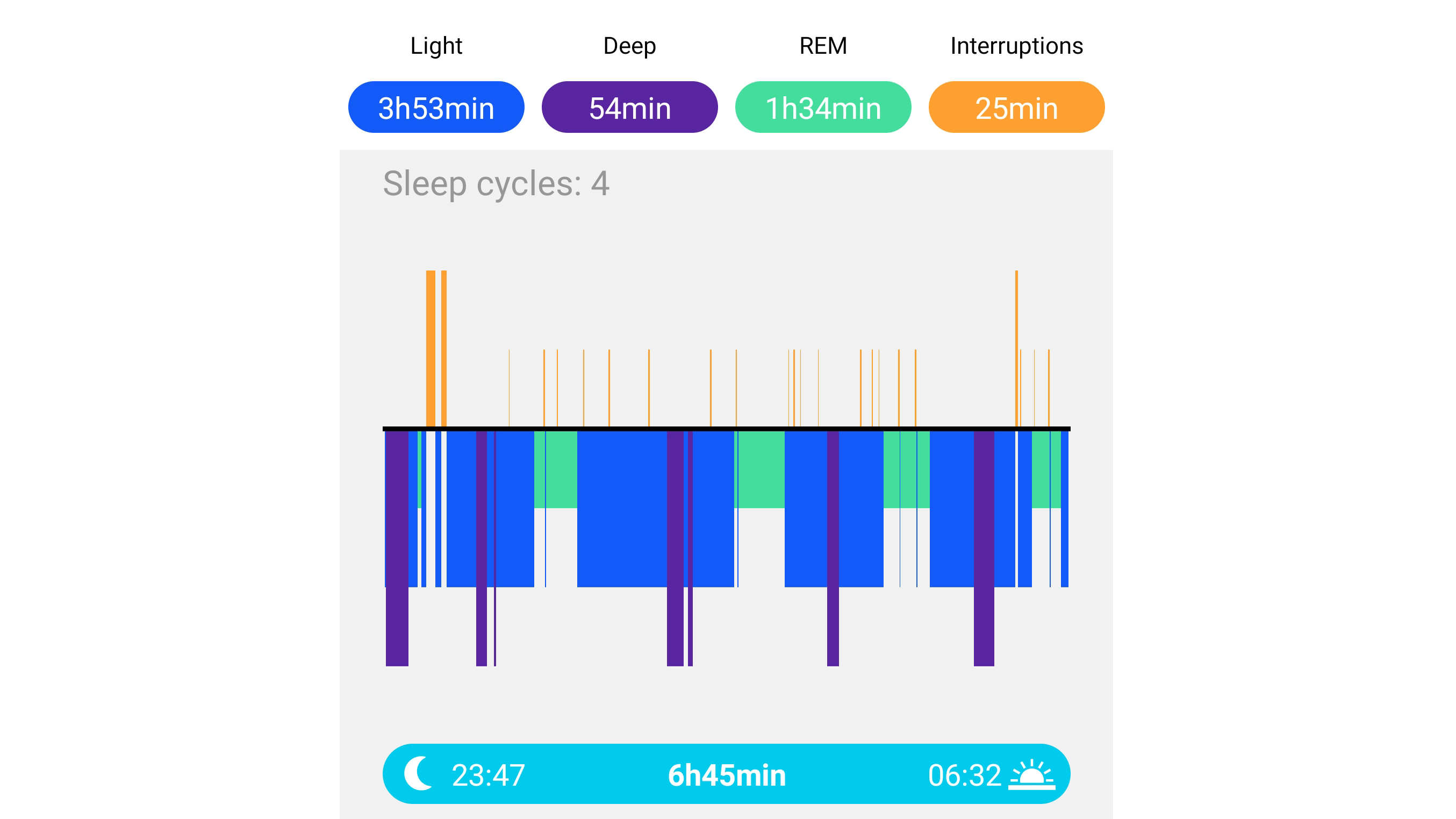
I did a little bit of research on caffeine's effects on sleep, and according to the Journal of Clinical Sleep Medicine, consuming caffeine six hours before bed reduced sleep time by around one hour. I usually had my last cup of coffee mid-afternoon, around 3:30pm, and don't normally get to bed until after 11. I assumed I was in the coffee "safe zone" and my sleep wouldn't be affected.
When I checked my watch the next day, I saw I was wrong. Although I only slept about ten minutes longer than normal, my light sleep went down, my deep sleep went up and my interruptions got shorter. My REM sleep, which is short for "rapid eye moment" and the restful phase of sleep essential for learning and improving our mood, went up by 20 minutes. You can see the results below on a similar non-caffeinated evening:
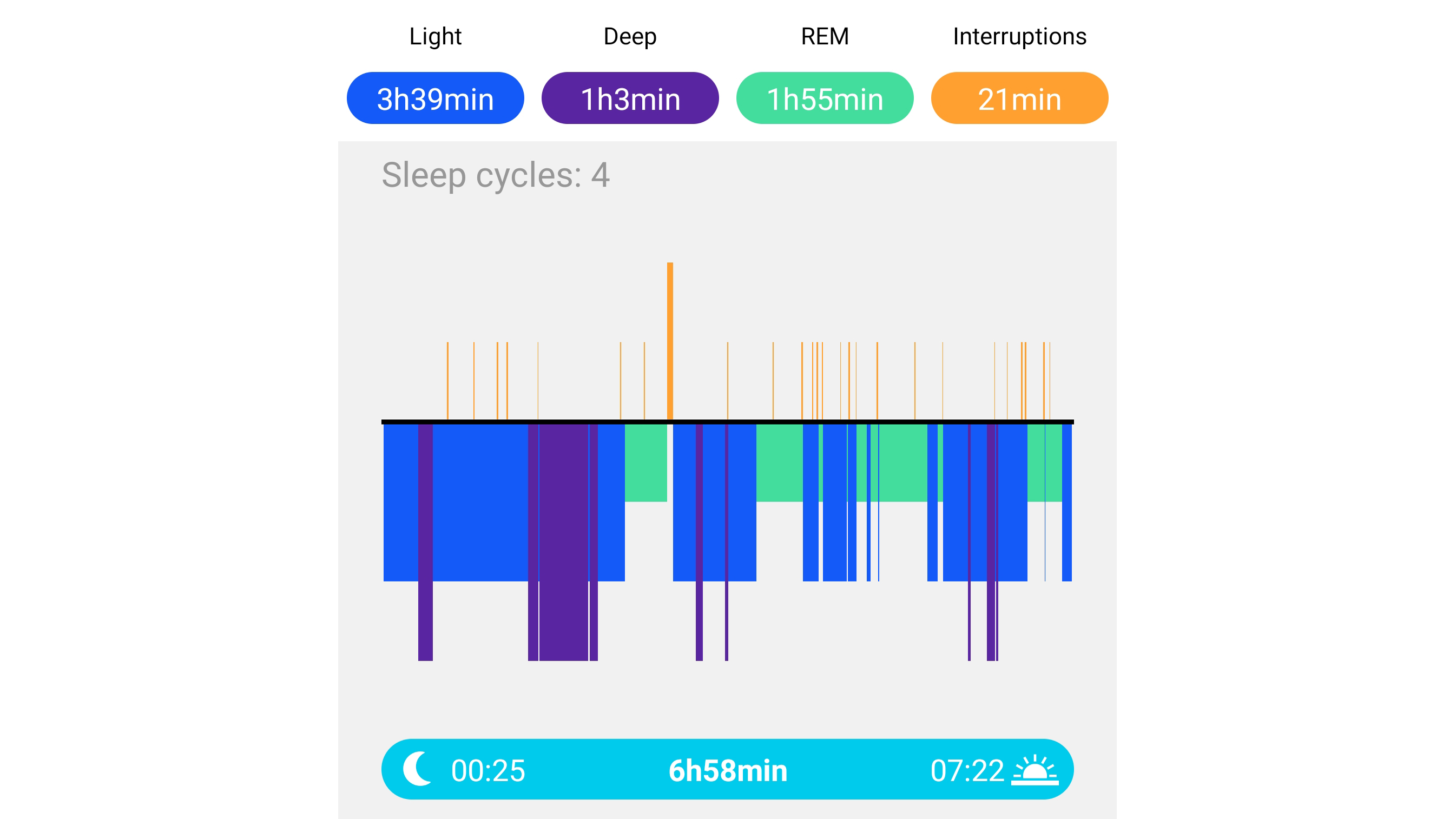
A similar pattern began to took shape the longer the challenge persisted: I was consistently getting about seven hours of better-quality sleep throughout the duration of the challenge. Perhaps this is why my energy levels were levelling out as it went on: even though I wasn't getting the short-term lift of coffee, I was better rested on a more consistent basis.
3. My anxiety improved
Mild feelings of anxiety day-to-day are common for lots of people, especially during the pandemic. I've written a little bit about my feelings of anxiety before, when I was doing the Cold Shower Challenge, but I was curious as to whether withdrawing from coffee would reduce or exacerbate those feelings.
It's a very difficult thing to measure, as you only have your untrustworthy brain to work with, and unlike the sleep tracker, there's not a lot of concrete evidence you can take. But I can say I felt on a more even keel during the course of the week.
I really missed the intense lift I'd get from a cup of coffee while I was writing, but it would raise my heart rate and mimic the body's fight-or-flight response, which would in turn trigger unnecessary feelings of anxiety if I hadn't spent that energy on exercise. I didn't get caffeine's immediate mood boost, but neither did I experience that double-edged sword of increased nervousness.
Giving up coffee: The verdict
Giving up coffee for a week provided me with better sleep, reduced feelings of anxiety and a more level mood on a day-to-day basis, at the cost of a short-term mood boost and the occasional caffeine craving.
I'll be going back to drinking coffee again as I love the smell, taste and texture of the drink as well as its effects. However, I'm going to limit myself to one cup a day for the time being, to try and have my cake and eat it too. I still want the better sleep and reduced anxiety, but I also love the smell, taste and texture of the drink! In the meantime, I'm going to invest in some good decaf to satisfy my cravings: tea doesn't quite hit the spot.
Matt Evans is an experienced health and fitness journalist and is currently Fitness and Wellbeing Editor at TechRadar, covering all things exercise and nutrition on Fit&Well's tech-focused sister site. Matt originally discovered exercise through martial arts: he holds a black belt in Karate and remains a keen runner, gym-goer, and infrequent yogi. His top fitness tip? Stretch.
-
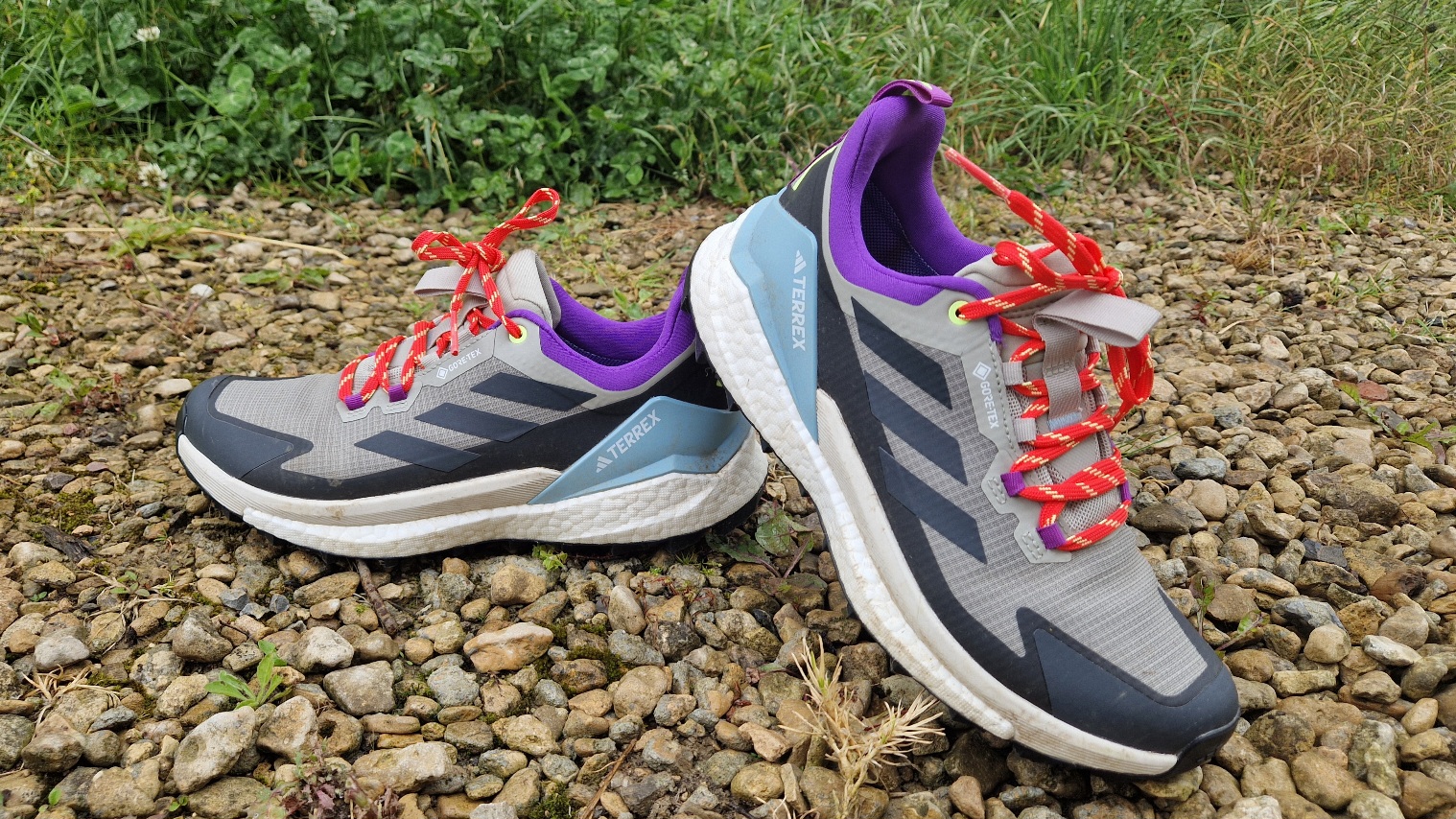 This might be your last chance to get my favourite waterproof walking shoe, and it's 25% off
This might be your last chance to get my favourite waterproof walking shoe, and it's 25% offDeal These Adidas Gore-Tex shoes are the most watertight I've tested
By Lou Mudge
-
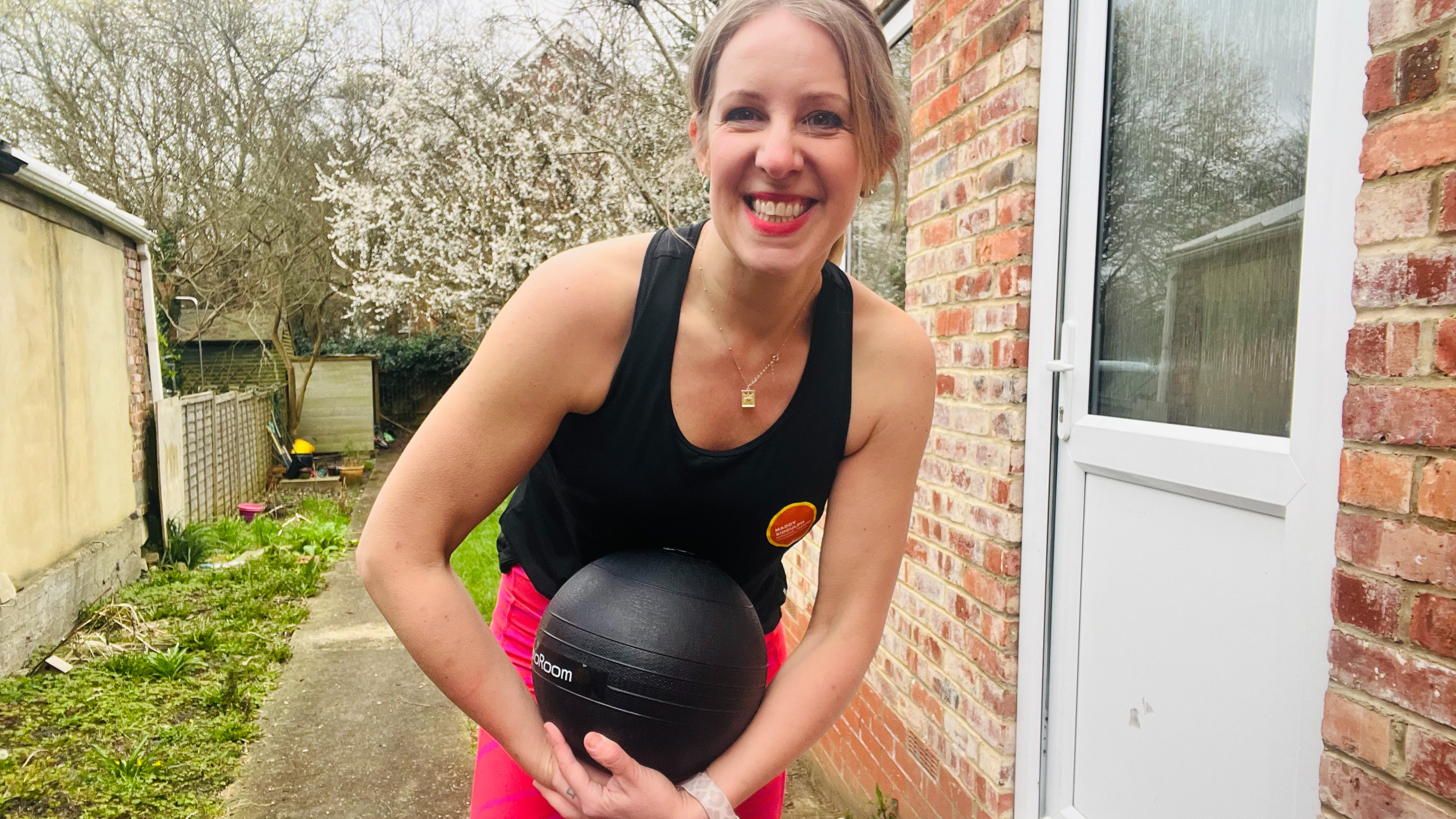 I tried wall balls for 30 days and the results surprised me
I tried wall balls for 30 days and the results surprised meTry this fitness challenge to boost total body strength
By Maddy Biddulph